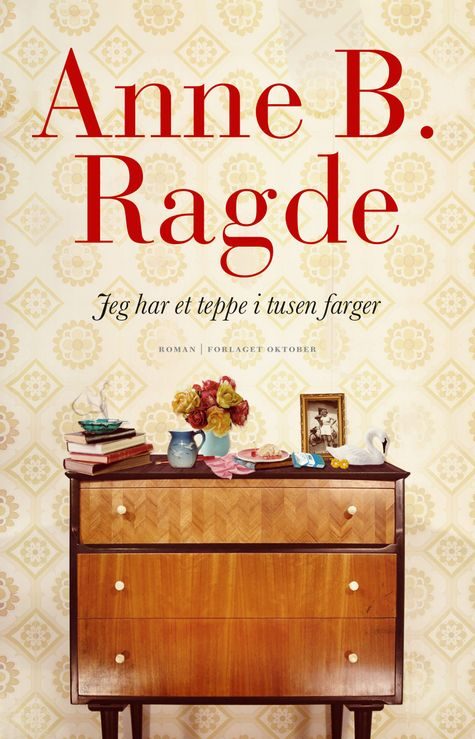“Powerful and revealing from Anne B. Ragde. Gaspingly exposing about her parents, named neighbours and other people … What a book! Obviously, it is not going to be an ordinary novel when Ragde is afoot. The novel about Ragde’s mother is at times brutal in its depictions, yet brimming with tenderness and warmth … a loving and professionally well-turned family chronicle, in one way rather exposing, though something is still held back, displaying an author who writes with her heart and still with complete control”
5/6 stars, VG
“unsenitmental and vivid … above all, Ragde paints a heartfelt and moving picture of her mother … this is Ragde uncensored, honest, vulnerable and revealing … a hard-hitting testimony of a beloved woman’s life”
Norwegian Broadcasting Corporation
“The anger with lamentable senior care is nicely balanced with an enjoyable portrait of a mother in Ragde’s autobiographical portrayal of a childhood … a warm depiction of a mother figure who is only motherly at times … I Have a Blanket in a Thousand Colours paints an interesting picture of growing up in the sixties and seventies. It is clearly colored by the time without seeming crowded with markers of the time … Ragde’s novel has something to offer whether you read it from a class perspective or through feminist glasses, or simply as a warm depiction of a mother-daughter relationship”
Dagsavisen
“the simple and immediate expression becomes her clarified relationship to her mother … this novel seems both relevant and true to the reader. We all have a mother, and there is something uplifting about the lack of bitterness for the mother’s emotional limitations”
Klassekampen
“one of the few contributions to this miserable genre that is hard to put down … Always the accurate observer, Ragde offers one of the rather few descriptions of Norwegian poverty, both of today and during her childhood, that isn’t accompanied by substance abuse or mental illness”
Dagens Næringsliv
“The recognition factor will be great for many middle-aged children who have spent hours with their old and sick in a system that can seem Kafkaesque … Ragde displays well how the balance and the love between parent and child is shoved out of its ordinary position when the parent suddenly needs constant attention. Yet, Ragde is at her best when the story is rewound to her childhood in Trondheim … The perspective is broadened, the gallery is expanded, the time-coloration is good and peculiar scenes are played out … a moving portrait of a mother who makes an effort but falls short”
Dagbladet


